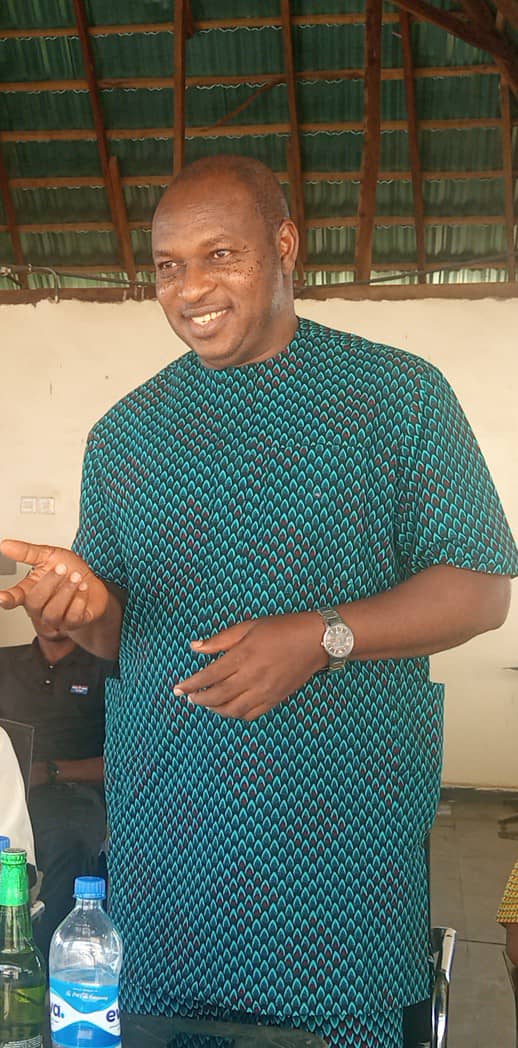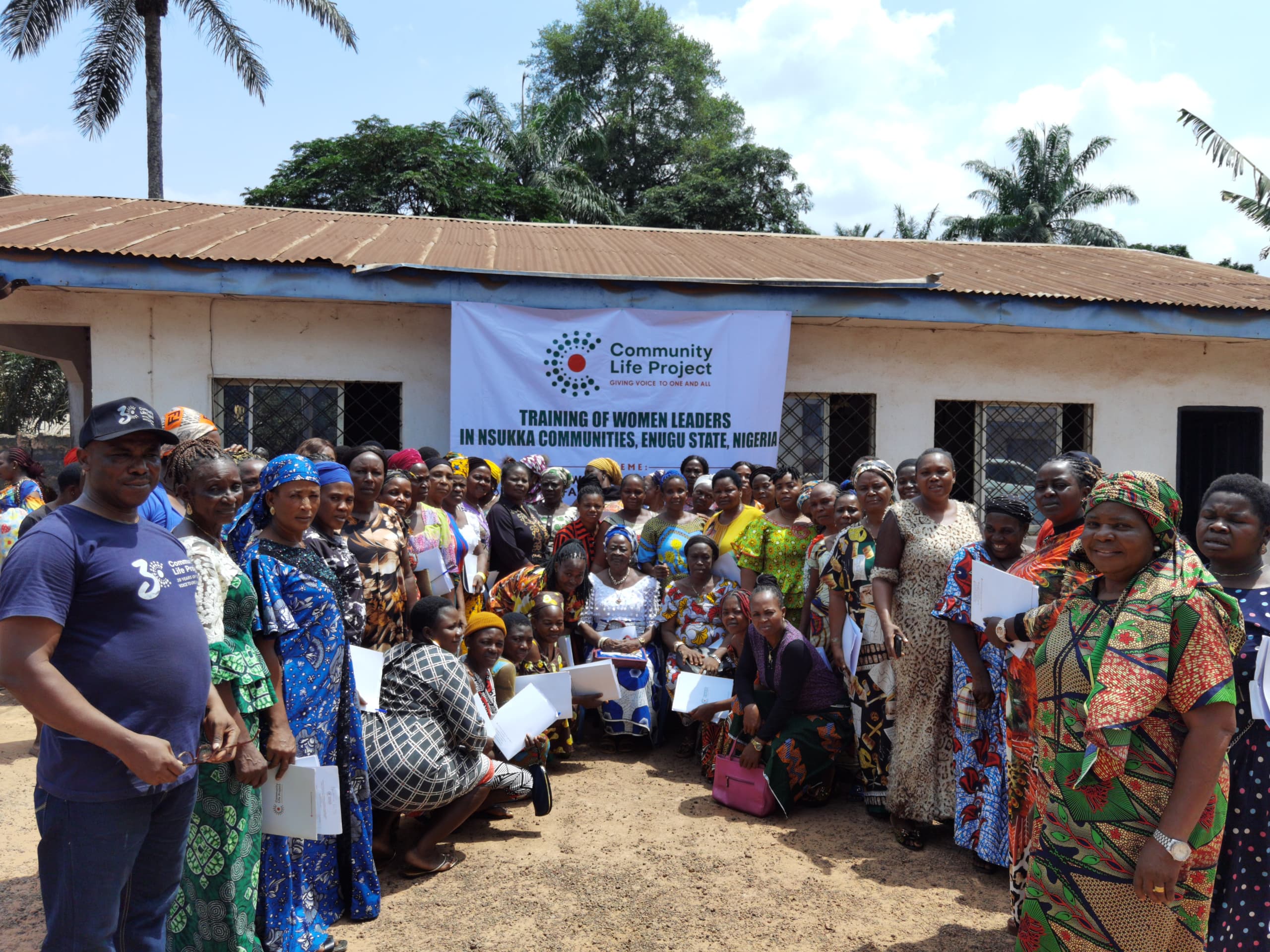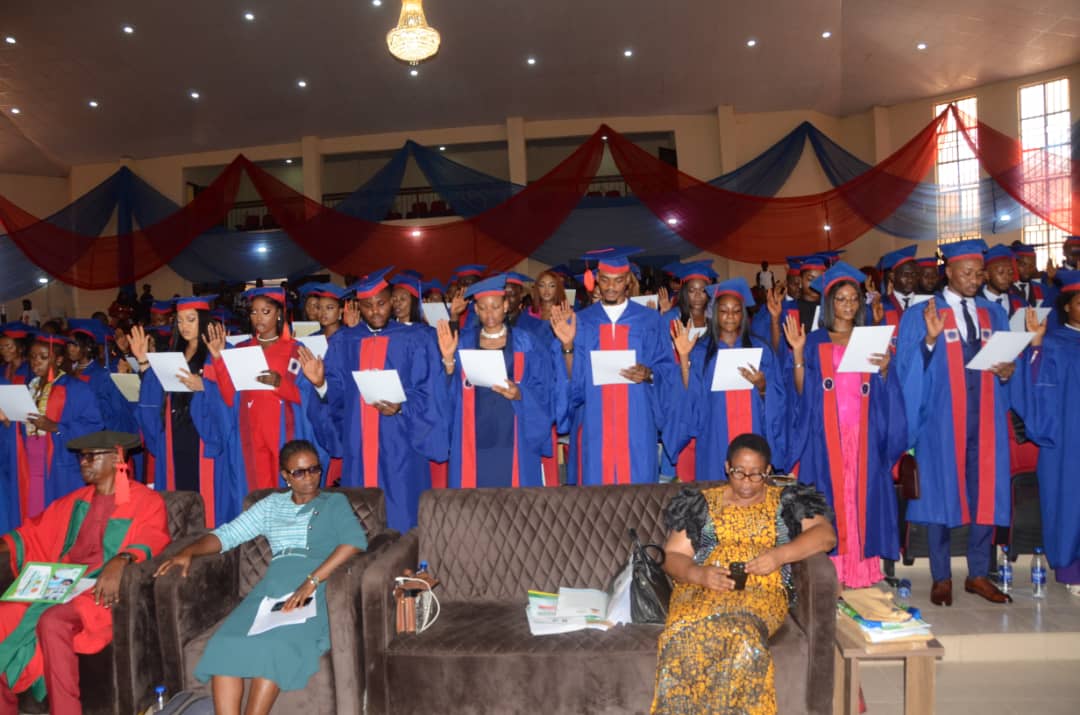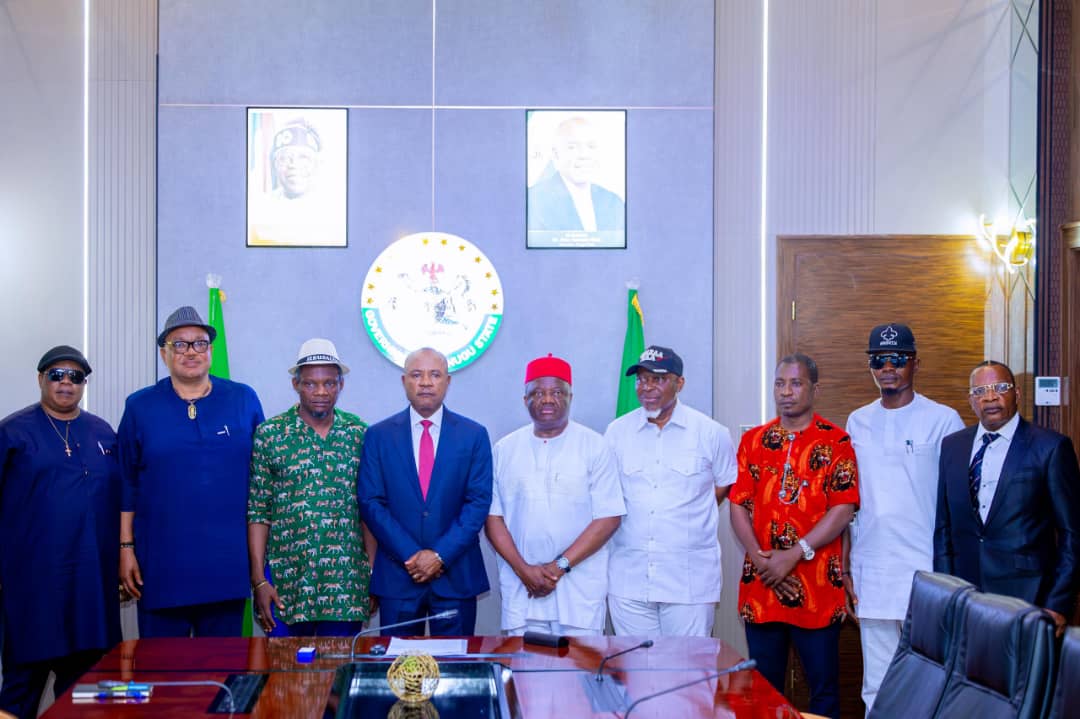A Fugitive Thriving Under Political Protection in West Africa
Europe’s most wanted cocaine kingpin, Jos Leijdekkers, has been operating with impunity from Sierra Leone, West Africa, frustrating international law enforcement efforts.
Despite being sentenced in absentia to 24 years in prison for his role in smuggling over seven tonnes of cocaine, Leijdekkers, a Dutch national known as “Bolle,” continues to live freely under the protection of powerful allies.
In 2024, a Rotterdam court convicted Leijdekkers for his involvement in a massive drug trafficking network that spanned continents.
Authorities linked him to a string of smuggling operations bringing cocaine from Latin America to Europe. Leijdekkers was also implicated in laundering millions of euros and gold, with his operations generating hundreds of millions in profits. Despite his conviction, the trafficker has not been apprehended. Reports now indicate that he has been living in Sierra Leone for over two years, operating his drug trade empire from the heart of West Africa.
Close Ties to Sierra Leone Leadership Shield Leijdekkers
Recent photos and videos from January 2025 confirm Leijdekkers’ presence in Sierra Leone, where he was spotted attending a church service with President Julius Maada Bio and his family. The images, verified using facial recognition technology, have drawn widespread attention due to his apparent close ties to the country’s leadership. Sources claim Leijdekkers is married to Agnes Bio, the president’s daughter, adding a layer of political protection that complicates efforts to bring him to justice.
Leijdekkers’ ability to operate freely in Sierra Leone is further bolstered by the country’s lack of an extradition treaty with the Netherlands. Additionally, his possible acquisition of Sierra Leonean citizenship raises legal hurdles, making any extradition process all the more difficult. The situation has ignited a political firestorm, with calls for greater international cooperation to combat the growing influence of drug cartels in politically unstable regions.
West Africa’s Role in Global Drug Trafficking: Sierra Leone has long been a transit point for cocaine traffickers, with its coastal routes acting as a key link between Latin America and Europe. As European nations grapple with a surge in drug-related crime, Leijdekkers’ network highlights the central role West Africa plays in the global narcotics trade.
Dutch authorities have offered a €200,000 reward—the highest ever for a fugitive—in a bid to catch Leijdekkers. However, local protection and the absence of legal frameworks make his capture an ongoing challenge. His continued freedom has raised alarms across the international community, with experts warning that the rise of criminal cartels operating in politically unstable countries could further destabilize the region.
The international community now faces the complex task of addressing not only the drug trafficking issue but also the political dynamics that allow figures like Leijdekkers to thrive. With the drug trade showing no signs of abating, the hunt for Europe’s ‘King of Cocaine’ continues, but for now, he remains untouchable in the heart of West Africa.
The case of Jos Leijdekkers underscores the urgent need for stronger international collaboration and legal frameworks to dismantle transnational drug cartels. While his marriage into Sierra Leone’s political elite shields him for now, the broader implications of such alliances threaten regional stability and global security efforts.




